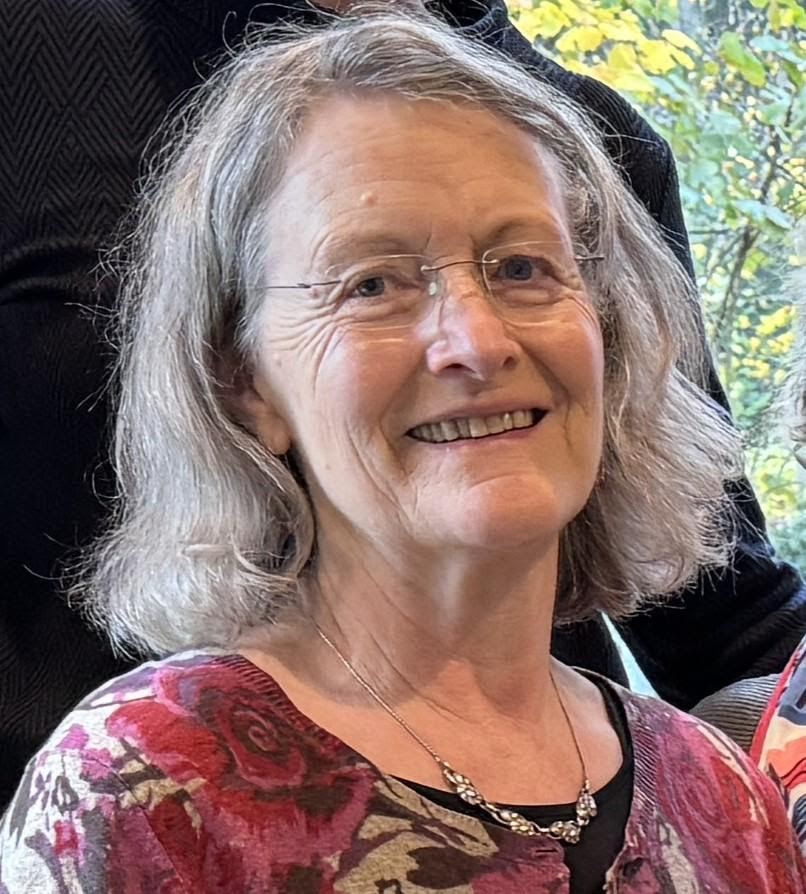How has the call on parliamentarians been received? Rev. Heider-Rottwilm: We tried to launch the appeal immediately after the Church and Peace conference at Brussels, so that many people could write to the parliamentarians in sufficient time before the hearing of the future European Commissioners. Many of our addressees have thanked us and reported that they have written or will write to their members of the European Parliament. In his confirmation hearing, Andrius Kubilius, commissioner-designate, for Defence and Space on 6.11., claimed to be also called a “peace commissioner.” And that “we” don't want war, “we” want peace. But in order to maintain peace in Europe, “we” must be prepared for war, he repeated again and again. Perhaps our appeal has reached him and triggered him? We will never know. What would you most like people to understand about why changing the job descriptions of future European Commissioners is so important? Rev. Heider-Rottwilm: During these days, we commemorate the nonviolent revolution in Germany and the fall of the Berlin wall, which had an immense impact on Europe and the whole world. This is a legacy and should encourage and commit us to continue to focus on nonviolence in Europe instead of military force. “Is the sword to keep devouring forever? Do you not know that the end will be bitter? (2 Sam 2:26)” was the biblical slogan for our conference. People all over the world have to experience this day by day. As we wrote in our appeal, the founding idea and the European Constitutional Treaty (see Art. 3.1 TEU and Art. 21(2)c), should stand for a comprehensive understanding of security and peace. Europe could have an important role to further develop that instead of this paradigm shift to a militarized union. It should be part of the job description of every commissioner- designate, what their specific contribution to sustainable peace should be regarding climate, enlargement, development…We are convinced, that, where a defence-focused understanding of security is combined with industrial competitiveness, problematic consequences are inevitable. This is already noticeable in the fact that EU-funds are being redirected to this effect. How will you continue to move the call forward? Rev. Heider-Rottwilm: We will monitor further developments of the Parliament, the EU Commission and the Council very carefully and further publicise problematic developments. The goal of a European defence union and the ever-increasing opening of the arms and defence equipment market are steps in the wrong direction. Our members and friends in the various EU countries will continue to tell their members of the European Parliament that they expect them to develop nonviolent conflict de-escalation and to support all means and structures of dialogue and reconciliation and they will offer to share their own experiences with instruments of de-escalation and reconciliation, be it in South-East-Europe or in Africa. We are arguing for the establishment of a parliamentary intergroup on peace and the development of a European Peace Strategy for the entire EU and its institutions to promote human security and peace. The project “Re-Thinking security,” initiated by the Protestant Church in Baden, and now integrated in Church and Peace, developed a scenario “from military to civilian security policy,” which is regularly updated and translated to the concrete regional situation by groups in France, Great Britain, the Netherlands, Austria, and also in Central Africa. We will continue to promote this as an alternative. | 



No comments:
Post a Comment